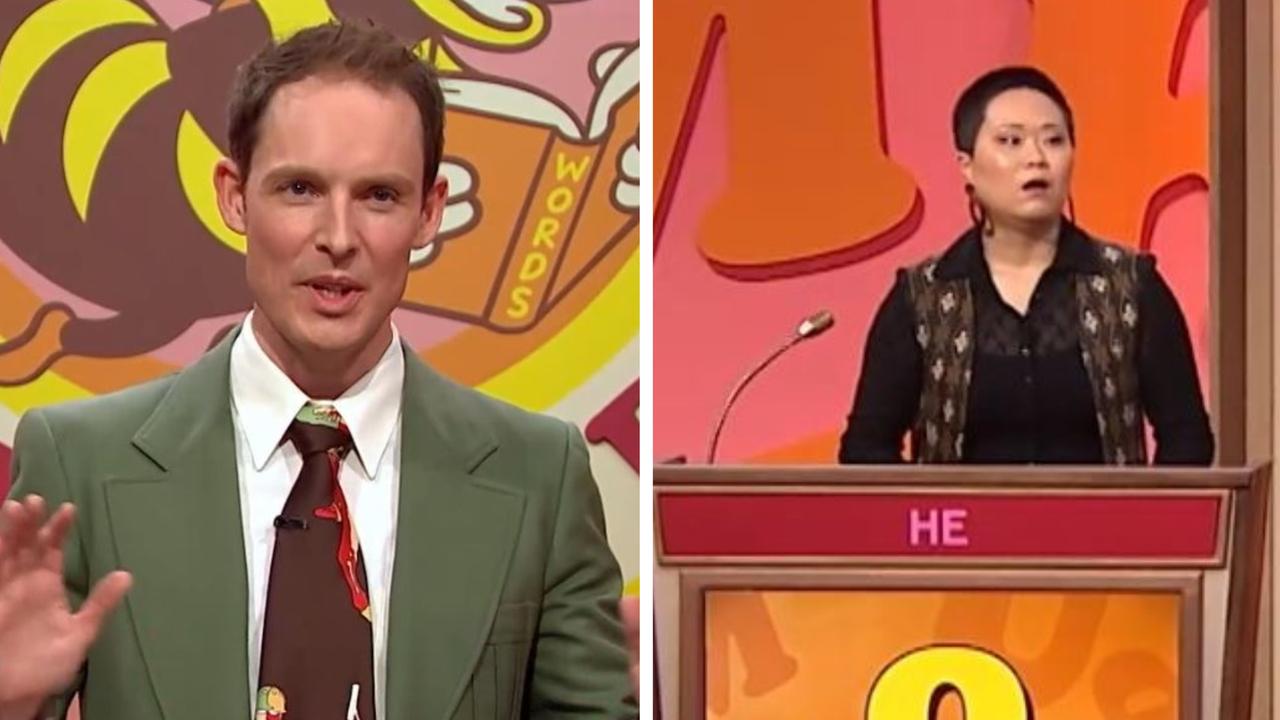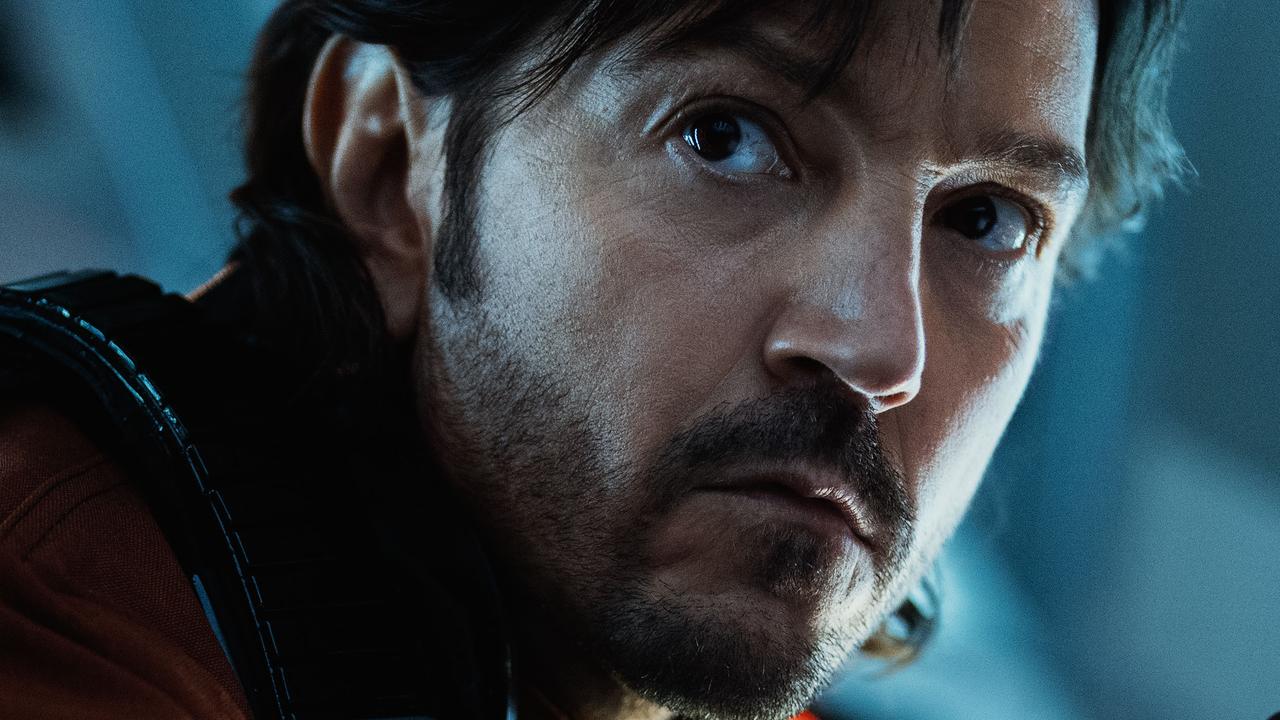Us miniseries review: A different approach to a relationship split
We’ve come to expect acrimonious splits and accusations of cataclysmic betrayal, which is why this four-part miniseries feels so different.

On-screen splits tend to be nasty. From name-calling to all manner of legal threats, the cinematic or TV divorce is acrimonious. Otherwise, where does the drama come from?
Rare is the amicable break-up without the accusations of betrayal, which is why when British miniseries Us starts with Connie (Saskia Reeves) turning to Douglas (Tom Hollander), her partner of 24 years, and says she wants to leave him, we expect a blow-up.
But that’s not how Us goes, and it’s probably not how many separations go. Not with a bang, but with a whimper. Whimper feels like a mischaracterisation, as if it’s some kind of lame defeat when it’s often much more complex.
That’s what Us is striving to discover, or so it seems at first. But it’s soon evident this four-part drama, premiering on BBC First on Foxtel* and Fetch on Sunday, January 31 at 8.30pm, is less about the anatomy of a marriage breakdown, and more about how we perceive success and failure in relationships, as a partner and as a parent.
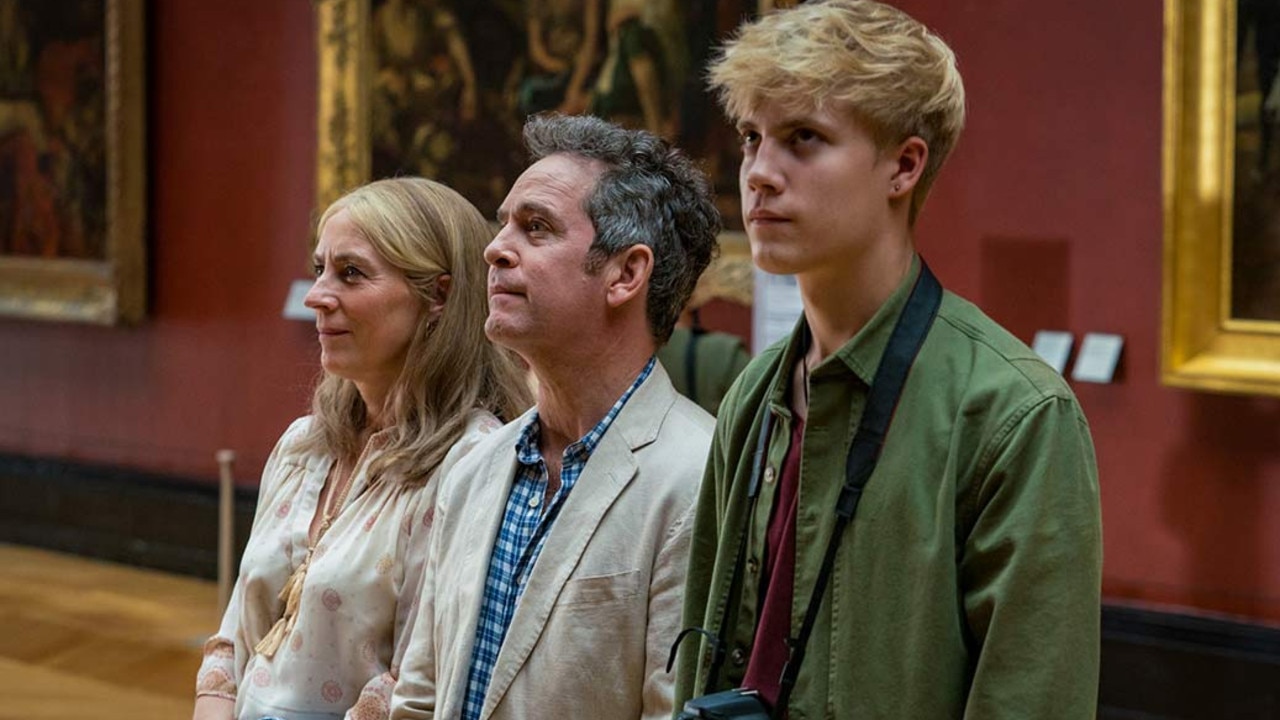
Written by David Nicholls, and adapted from his own novel, Us is a character piece about a middle-class Brit whose rigidity has harmed his relationships and whose attempts to get his family “back on track” makes for some revelatory personal discoveries.
Despite the pending split, Connie and Douglas decide to go on a long-planned three-week European holiday with their son Albie (Tom Taylor). It’s Albie’s last summer before university and they want to create some family memories one last time.
With a meticulously planned itinerary to take in six countries and 12 cities, the idea of spending four episodes jaunting across Europe sounds absolutely divine in our locked down world.
But then the idea of having to spend it with Doug, an immovable, fastidious box ticker, seems less enticing.
As soon as the family arrive in Paris, it’s clear that Doug’s steadfast ways is part of the problem, especially with Albie who, in typical teen fashion, would rather do his own thing and see where the flow goes.
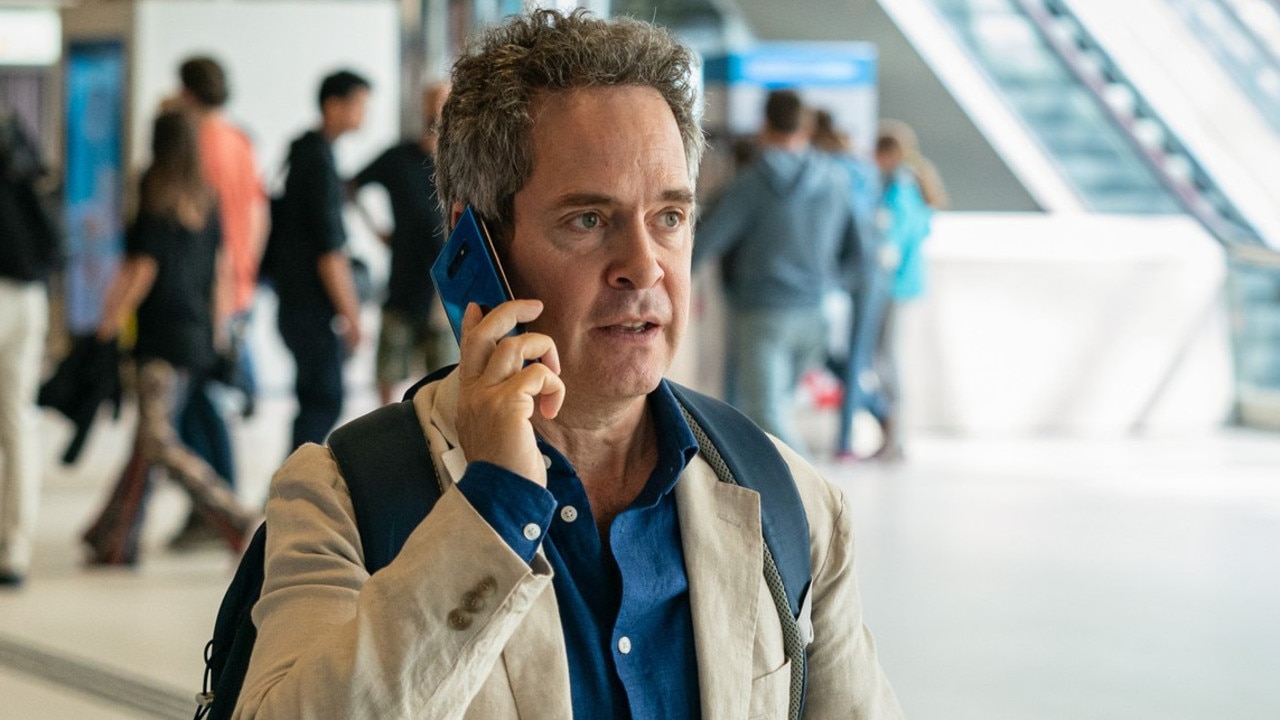
RELATED: The Dig immortalises the Sutton Hoo discovery
It’s not long before there is a blow-up, albeit nothing so cataclysmic as what we’ve seen in the likes of Kramer versus Kramer, Marriage Story or any reality TV show.
Hollander, a mainstay in British TV and film including The Night Manager, Gosford Park and Bohemian Rhapsody, injects a well-intentioned humanism into Doug while flashbacks to when Doug and Connie first met (played by Iain De Caestecker and Gina Bramhill) makes it much easier to root for someone you never want on your pub trivia team.
Nicholls is a well-known novelist and screenwriter who has also adapted his books Starter for 10 and One Day for screen while penning the scripts for adaptations including Patrick Melrose and Far from the Madding Crowd and even episodes of Cold Feet.
He’s a proven hand at parsing the intricacies of human relationships and the father-son relationship between Doug and Albie is the most compelling aspect of Us. When Doug is finally confronted with how damaged their bond is, it’s a moment of honesty that resonates.
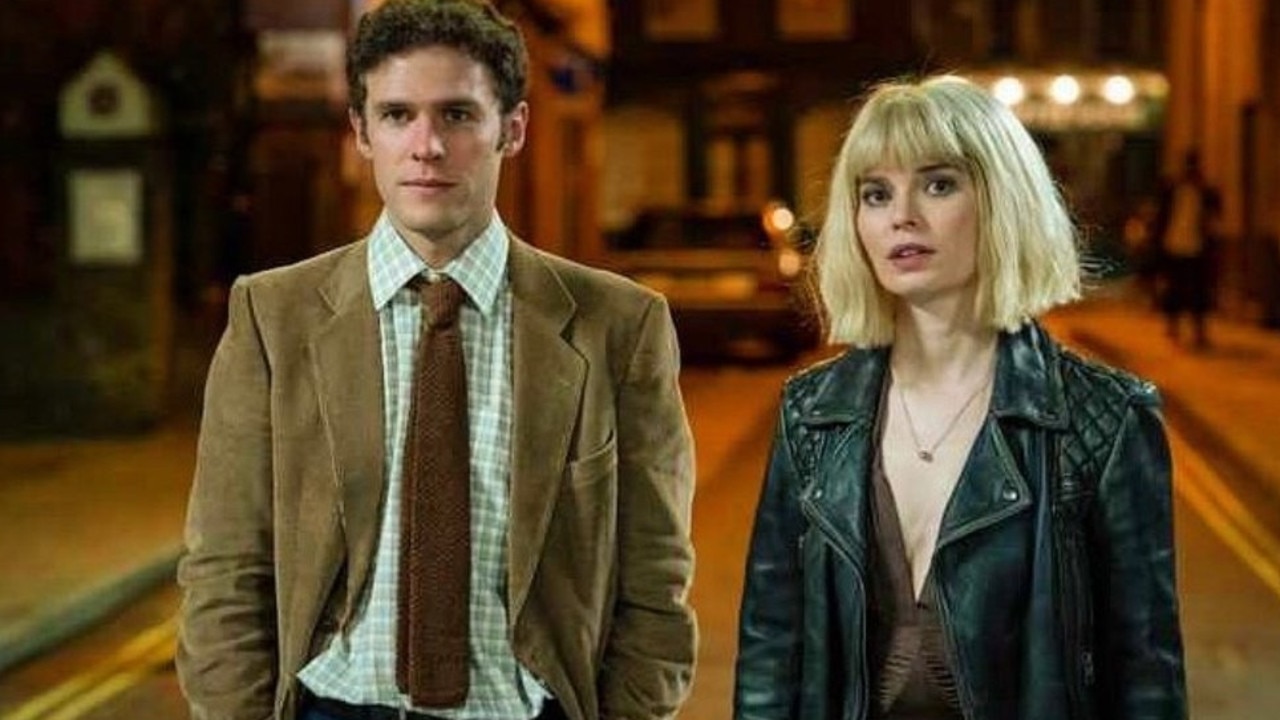
RELATED: High Ground captures the beauty and ugliness of Australia
But all that only highlights how underserved Connie’s character is. As the instigating person in the story, the one who decides to leave, we don’t understand nearly enough of her inner life, her thwarted ambitions and the compromises she’s made to bend to Doug’s will.
Perhaps that disappointment is in the title, Us, which frames the story as being about all three of them when Us probably should have been called Him. And that’s fine, the choice to focus on Doug makes sense because he is the one with the most transformative experience in the miniseries.
There was a trio of films in 2013 collectively called The Disappearance of Eleanor Rigby, starring James McAvoy and Jessica Chastain about a young married couple’s separation. It was released as three films, Him, Her and Them. The Him version told the story from McAvoy’s character’s perspective, the Her from Chastain’s and Them was an amalgamation of the two.
Us feels like it was Doug’s Him, a thoughtful, funny and tender story on its own, but it leaves one wondering what Connie’s Her version would’ve been, or even Us’s Them.
Us starts on BBC First on Foxtel and Fetch on Sunday, January 31 at 8.30pm
Share your TV and movies obsessions | @wenleima
*Foxtel is majority owned by News Corp, the publisher of this website


